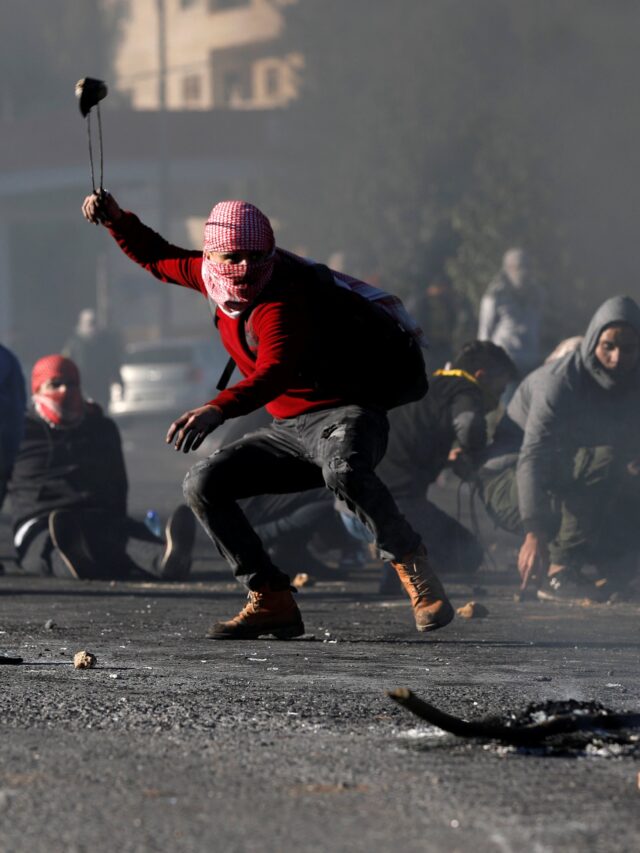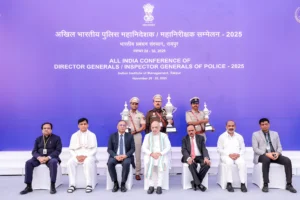
26/11 Mumbai Attack
India and the United States together proposed to United Nations to give Sajid Mir, a Pakistan-based Lashkar-e-Taiba terrorist the designation of a global terrorist. Sajjid Mir has his involvement in the 26/11 Mumbai Terror attacks due to which he is under the category of wanted. On Tuesday, China has blocked this proposal which was earlier put on hold by the nation itself. China, an all-weather ally of Islamabad, has consistently blocked the inclusion of terrorists with ties to Pakistan on the sanctions committee of the UN Security Council.
China blocked the proposal which would have…
This proposal was made under the 1267 Al Qaeda Sanctions Committee of the United Nations Security Council. “Mir was LeT’s operations manager for the attacks, playing a leading role in their planning, preparation, and execution,” the US State Department has said.
If the proposal would have been passed, this would have frozen his assets. Along with this, this would have banned his travel. It would have also restricted him from any kind of trade or military activities.
Also Read: PM Narendra Modi To Meet Elon Musk; Will Tesla Be Coming To India?
Who is Sajjid Mir?
Sajjid Mir has a bounty of $ 5 Million placed on his head by the authorities of the United States. This was due to his involvement in the 26/11 Mumbai terror attacks. In addition to this, he is the most wanted terrorist of India. In the month of June, Sajjid was imprisoned for 15 years in a case by an anti-terrorism court in Pakistan. He was imprisoned in a terror financing case.
Pakistan Claimed the death of Sajjid Mir
As per the Pakistani authorities, Mir had died but the Western countries did not believe them and were asking for proof constantly. Late last year, when FATF evaluated Pakistan’s progress on the action plan, this problem arose as a significant sticking point.
To read more such news, download Bharat Express news apps






































